Changes to NFPA-52 Affect CNG Station Construction and Maintenance
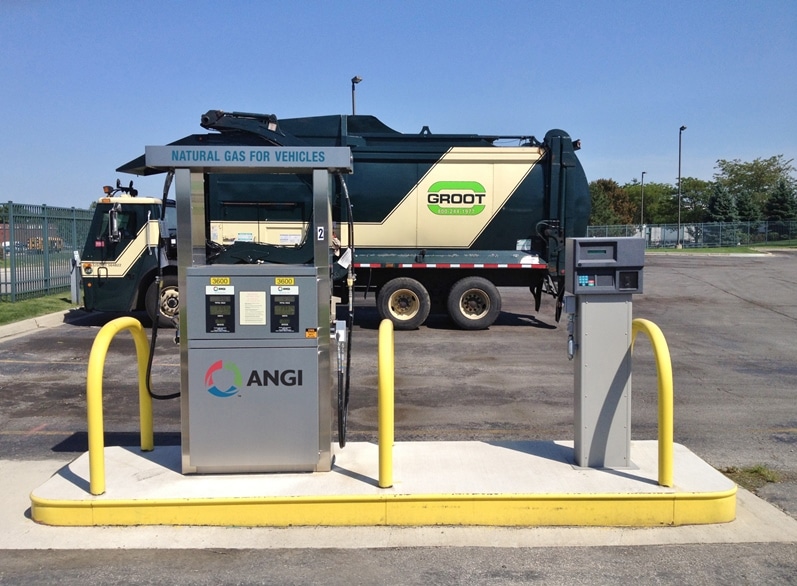
By Leo Thomason, Executive Director, NGVi Last April, a new version of NFPA-52 was published that affects both new and existing CNG stations. Completely rewritten, the 2016 version differs significantly from 2013 and all prior versions of NFPA-52. While there were organizational changes to NFPA-52, and even a slight renaming of the code, this article […]
Four Point Safety Plan Can Improve Outcomes of CNG Refuse Truck Incidents
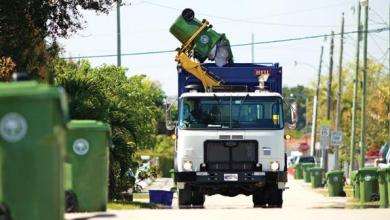
By Annalloyd Thomason, Vice President/General Manager, NGVi Refuse fleets are perhaps the largest market for CNG trucks. Their operating patterns of regular routes, return-to-base fueling and high fuel use make them ideal candidates to take advantage of the operating cost advantages of CNG. There’s another operating characteristic, however, that requires special attention for CNG refuse fleets, […]
CNG Fueling Station Safety Evaluations Are Critical

By Leo Thomason, Executive Director, NGVi CNG fueling stations are carefully engineered and designed to deliver a specific quantity of fuel over a specific time period. They are composed of dryers, compressors, high-pressure tubing, storage systems, dispensers and electronic control systems—all of which must work in conjunction with each other under a variety of sometimes […]
The Value of Certification

By Kasia McBride, Marketing Manager, NGVi Professional certification refers to a voluntary process of skills and knowledge assessment, administered by a third party organization, to determine whether an individual can demonstrate a specific level of competency in a particular job role. It is based on industry-recognized standards, defined by specific conditions, and is meant to […]
The Road to Safe Methane Detection: Infrared and Catalytic Sensors

By Mark Rehak, Divisional Sales Director, US, Draeger, Inc. When hazardous gases and vapors build up and reach dangerous concentrations, our sensory organs are often unable to detect these airborne hazards. As a result, we seek and develop solutions that maximize our safety and protect against these risks before they escalate and become critical health […]
Diagnosing Low Power in Heavy-Duty Natural Gas Engines
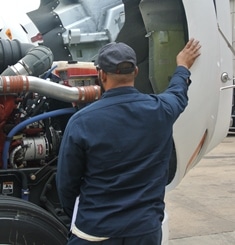
By Gordon Larsen and Bill Marchetti, NGVi Technical Instructors In NGVi’s work training heavy-duty natural gas vehicle technicians, the number one problem they report is diagnosing low power conditions. When a Cummins-powered heavy-duty natural gas vehicle is brought into the maintenance facility with a complaint of low power, the technician wants to diagnose and repair the problem […]
Training Technicians Smarter Through E-Learning

By Kasia McBride, Marketing Manager, NGVi NGV fleet and dealership safety starts with comprehensive CNG and LNG training, and managers face the challenge of selecting the right training delivery method for their technicians and support staff. Technicians are often kinesthetic learners, which means they absorb information better when given the opportunity to manually practice the […]
CNG Fuel System Inspections: Technician Training is Key
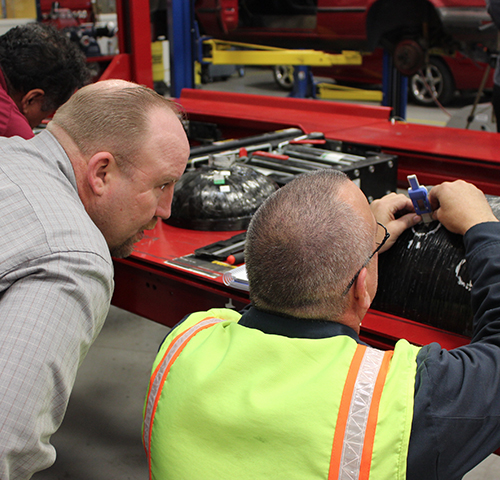
By Kasia McBride, Marketing Manager, NGVi CNG fuel system inspections are complex processes, during which technicians must be able to properly identify and determine the extent or significance of any damage discovered to system components, including cylinders, and be clear on what specific actions must be taken. Whether any damage or other concerns about fuel […]
CNG Fuel System Inspection Requirements Revisited: NGV Industry Working Group Tackling Modifications
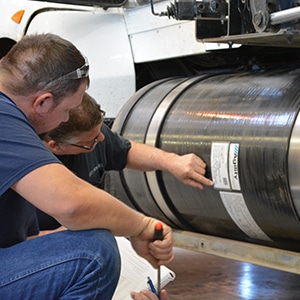
By Annalloyd Thomason, Vice President/General Manager, NGVi Last October, NGVi published an article titled “CNG Fuel System Inspection Challenges for Heavy-Duty Fleets” which turned out to be our most widely read article ever. In the article, we discussed the challenges for heavy-duty fleets with the current CNG fuel system inspection interval of every three years […]
Upgrading Your Vehicle Maintenance and Repair Facility for NGVs Series (Part 5 of 5): Welding and Hot Work
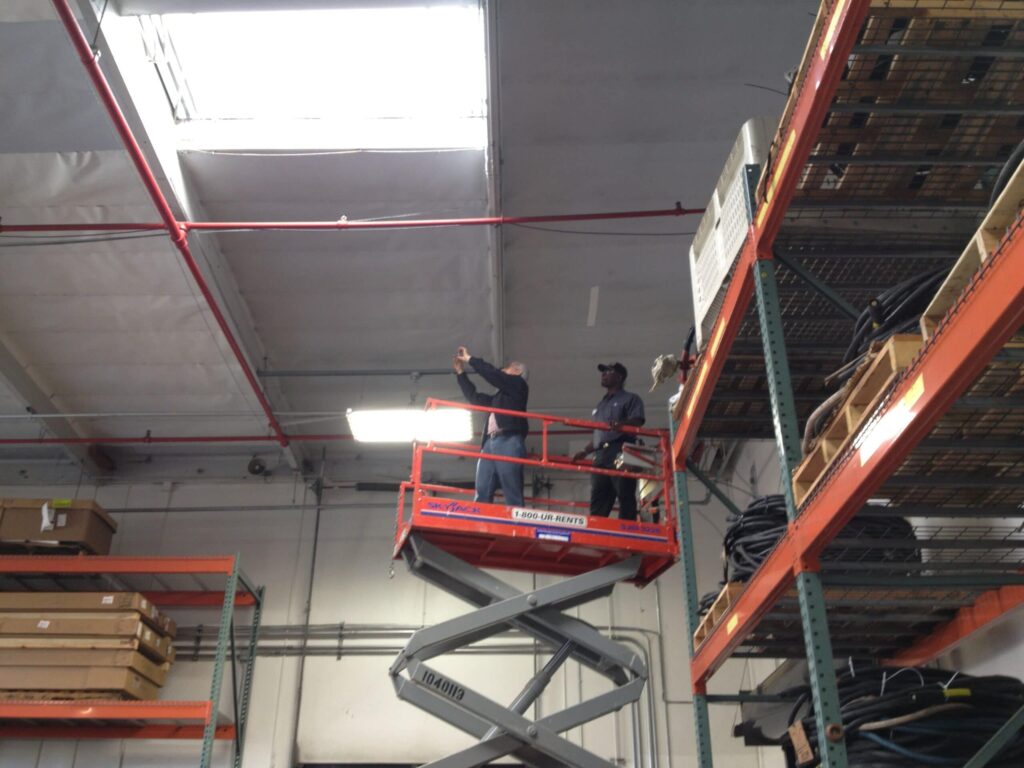
By Annalloyd Thomason, Vice President/General Manager, NGVi None of the codes governing NGV maintenance facilities require building modifications to perform welding or hot work, but industry best practices describe precautions that should be taken to minimize risk. These precautions should be taken not only when welding or hot work is performed directly on a natural […]
